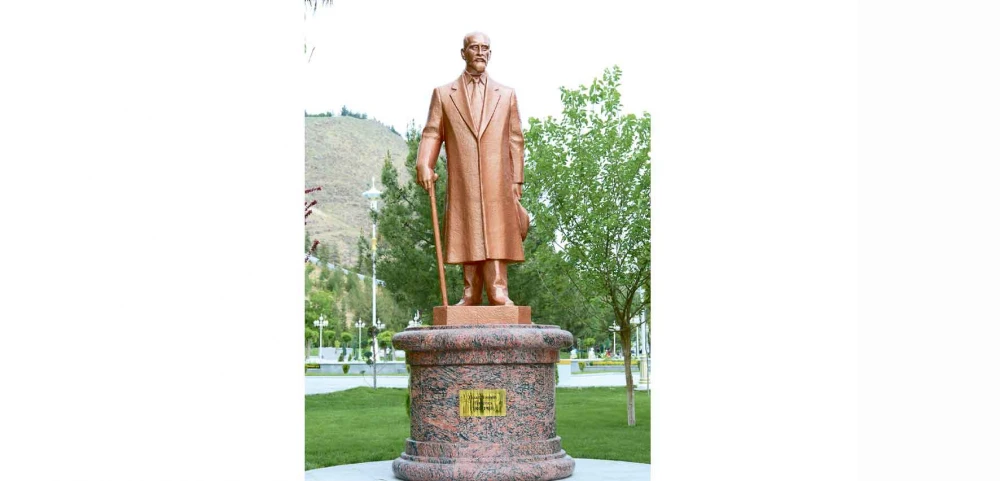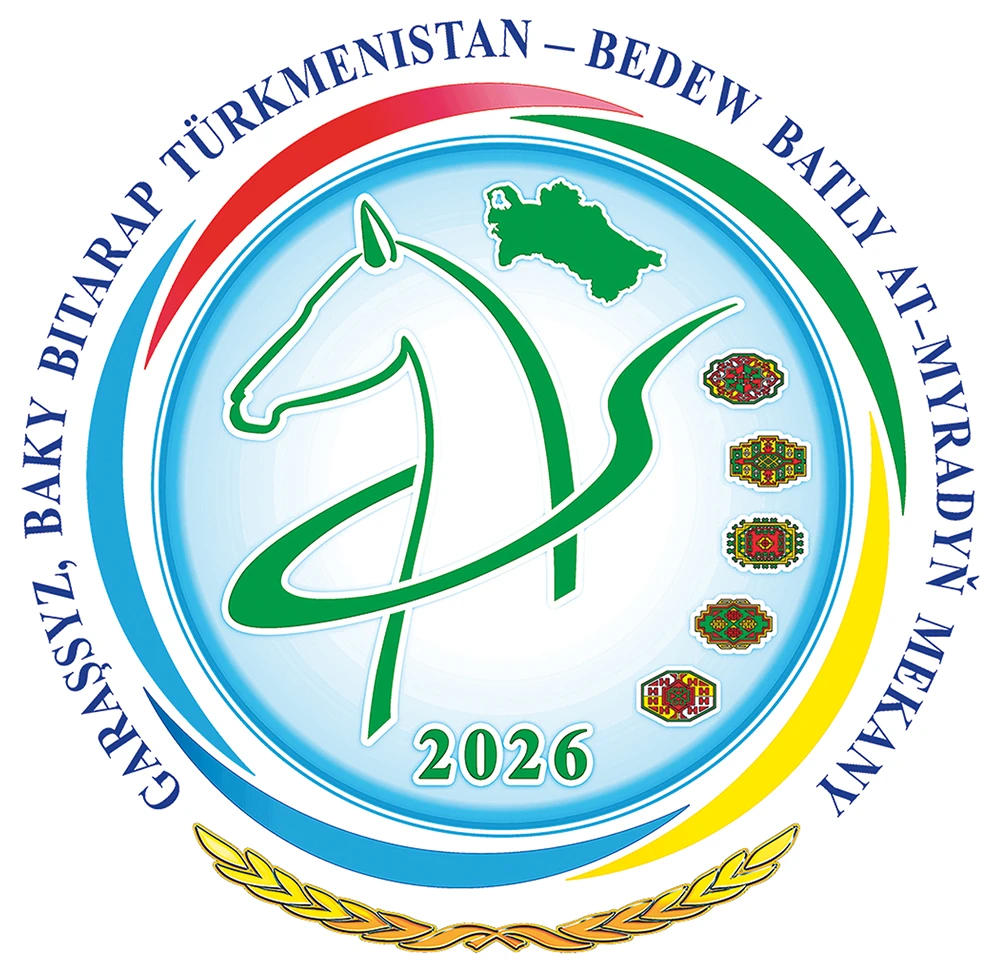
03/07/2024
1316
Huan Ramon Himenes
Huan Ramon Himenes (Juan Ramón Jiménez) was a Spanish poet, a prolific writer who received the 1956 Nobel Prize in Literature for his lyrical poetry, which in the Spanish language constitutes an example of high spirit and artistic purity. One of Himenes’s most important contributions to modern poetry was his advocacy of the concept of "pure poetry." Huan Ramon Himenes was born in Moguer, near Huelva, in Andalucia, on 23 December 1881. He was educated in the Jesuit institution of San Luis Gonzaga, in El Puerto de Santa María, near Cadiz. Later, he studied law and painting at the University of Seville, but he soon discovered that his talents were better used for writing. Then he dedicated himself to literature, under the influence of Rubén Darío and French symbolism. He published his first two books at the age of eighteen, in 1900. The death of his father the same year devastated him, and a resulting depression led to him being sent first to France, and then to a sanatorium in Madrid staffed by novice nuns, where he lived from 1901 to 1903. He was among the contributors of the Madrid-based avant-garde magazine Prometeo between 1908 and 1912. The main subjects of many of his poems were about music and color, which, he compared to love or lust.
In particular, it is necessary to note the fact that in the recently opened cultural and park complex “Magtymguly Pyragy” in Ashgabat, among the monuments of world-famous philosophers, thinkers, writers and poets, a monument to Huan Ramon Himenes was founded in one of the places of honor. This, undoubtedly, is clear evidence that the Turkmen people read Spanish literature, and in particular, Huan Ramon Himenes.
The reputation of a poet sacredly devoted to his art continues to occupy a completely unique place in Spanish literature.
Merjen JUMAGYLYJOVA,
the 4th year student of the faculty of International Journalism
of the Institute of International Relations
of the Ministry of Foreign Affairs of Turkmenistan.


